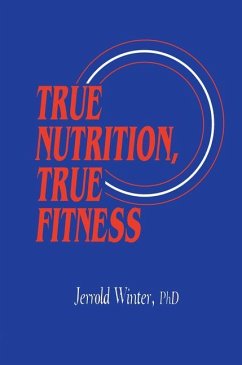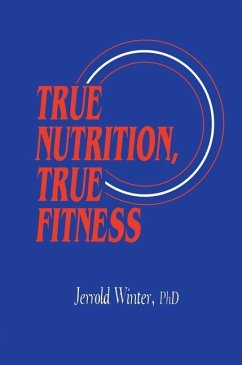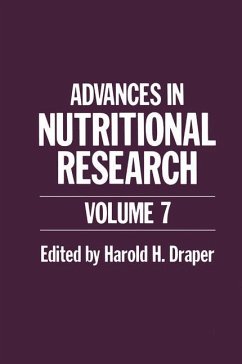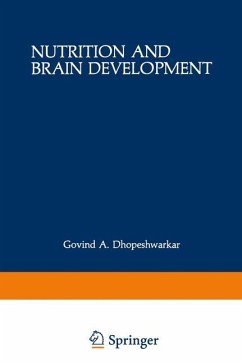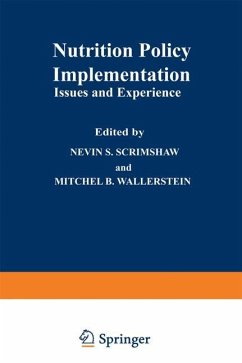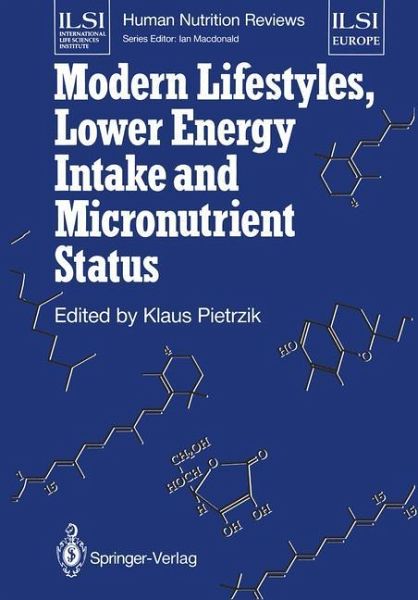
Modern Lifestyles, Lower Energy Intake and Micronutrient Status

PAYBACK Punkte
39 °P sammeln!
Malnutrition in Western Europe? The question seems incredible, yet one-fourth of the costs caused by nutrition-related illness result at least partly from micronutrient malnutrition. The experts in this book look for the answer among recently improved data about our changing lifestyles and eating habits. They suggest that reduced calorie intake is leading to critical micronutrient status in some population groups in Western Europe. The problem stems in part from the difficulty in estimating the milder stages of undernourishment, in part from the difficulty in believing that people suffer from ...
Malnutrition in Western Europe? The question seems incredible, yet one-fourth of the costs caused by nutrition-related illness result at least partly from micronutrient malnutrition. The experts in this book look for the answer among recently improved data about our changing lifestyles and eating habits. They suggest that reduced calorie intake is leading to critical micronutrient status in some population groups in Western Europe. The problem stems in part from the difficulty in estimating the milder stages of undernourishment, in part from the difficulty in believing that people suffer from poor nutrition in the midst of overconsumption. The chapters specifically examine the functional consequences of the present marginal nutritional deficiency. The authors are epidemiologists, nutritionists, chemists and physicians representing nine European countries. Their contributions paint a complete picture of international expertise on micronutrient malnutrition.






